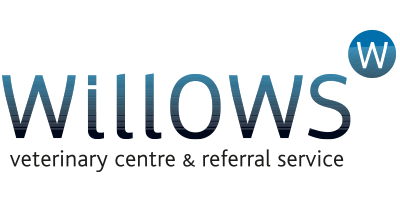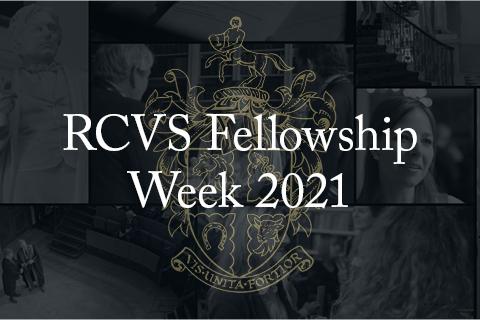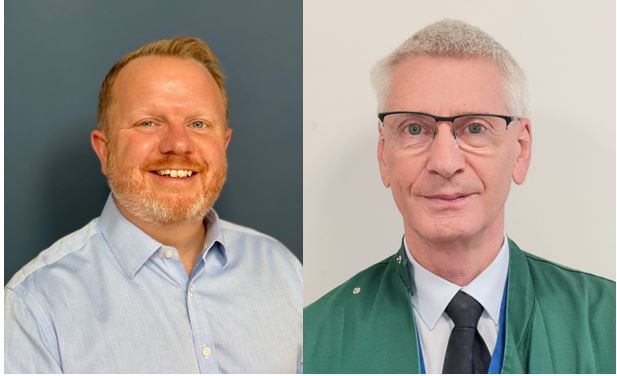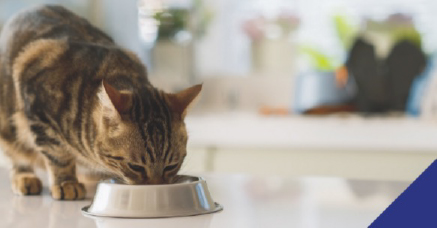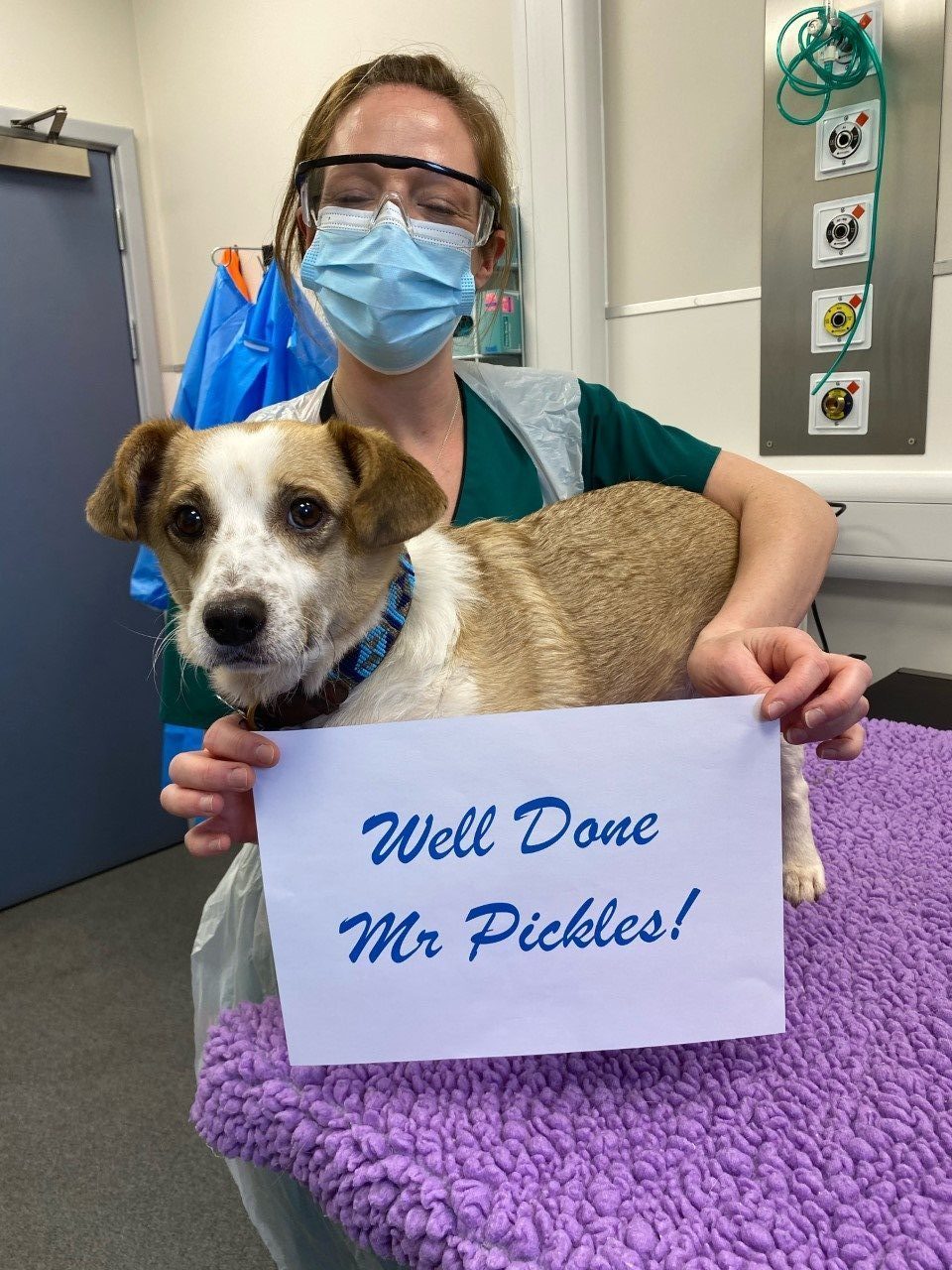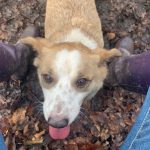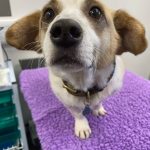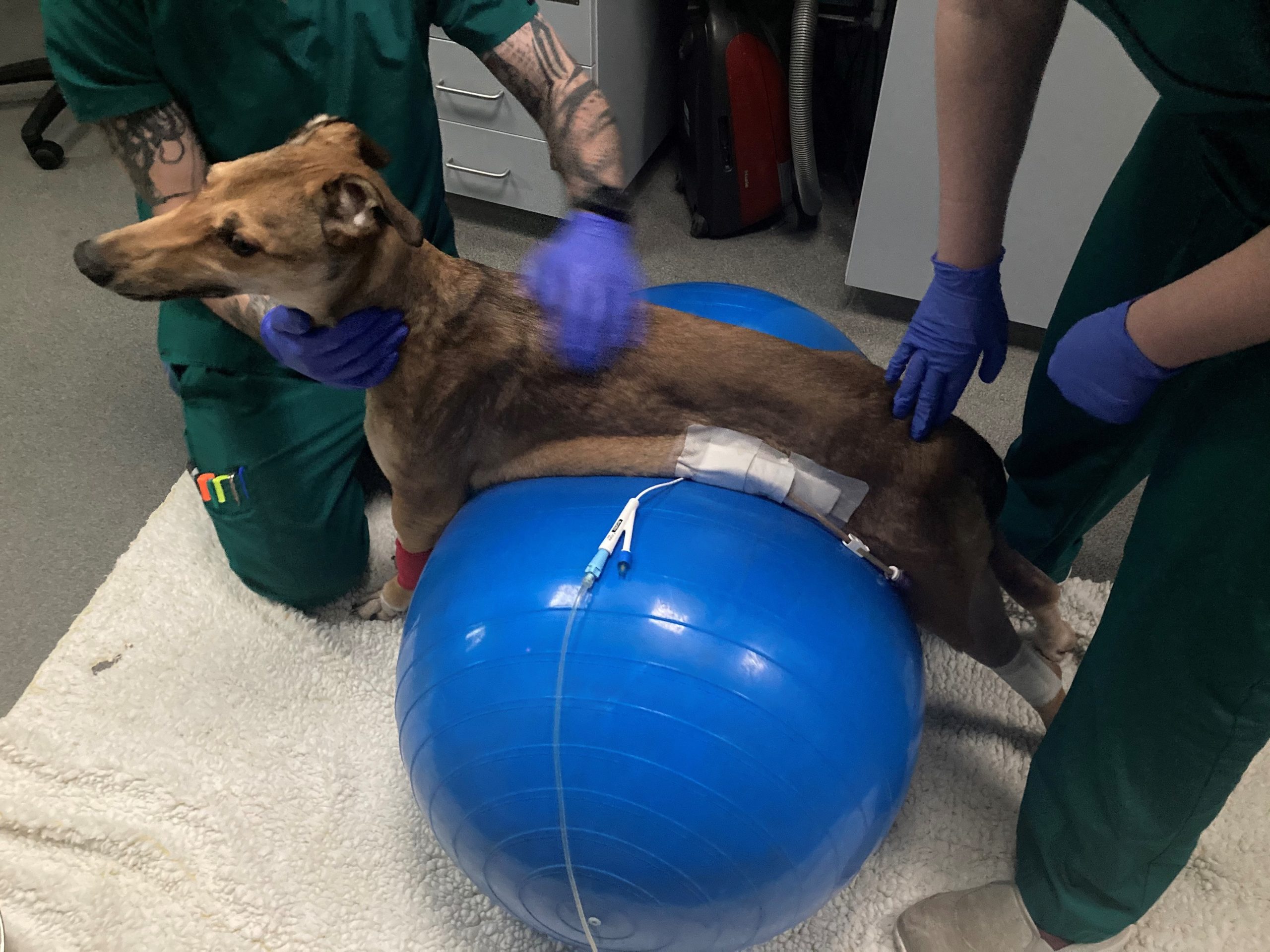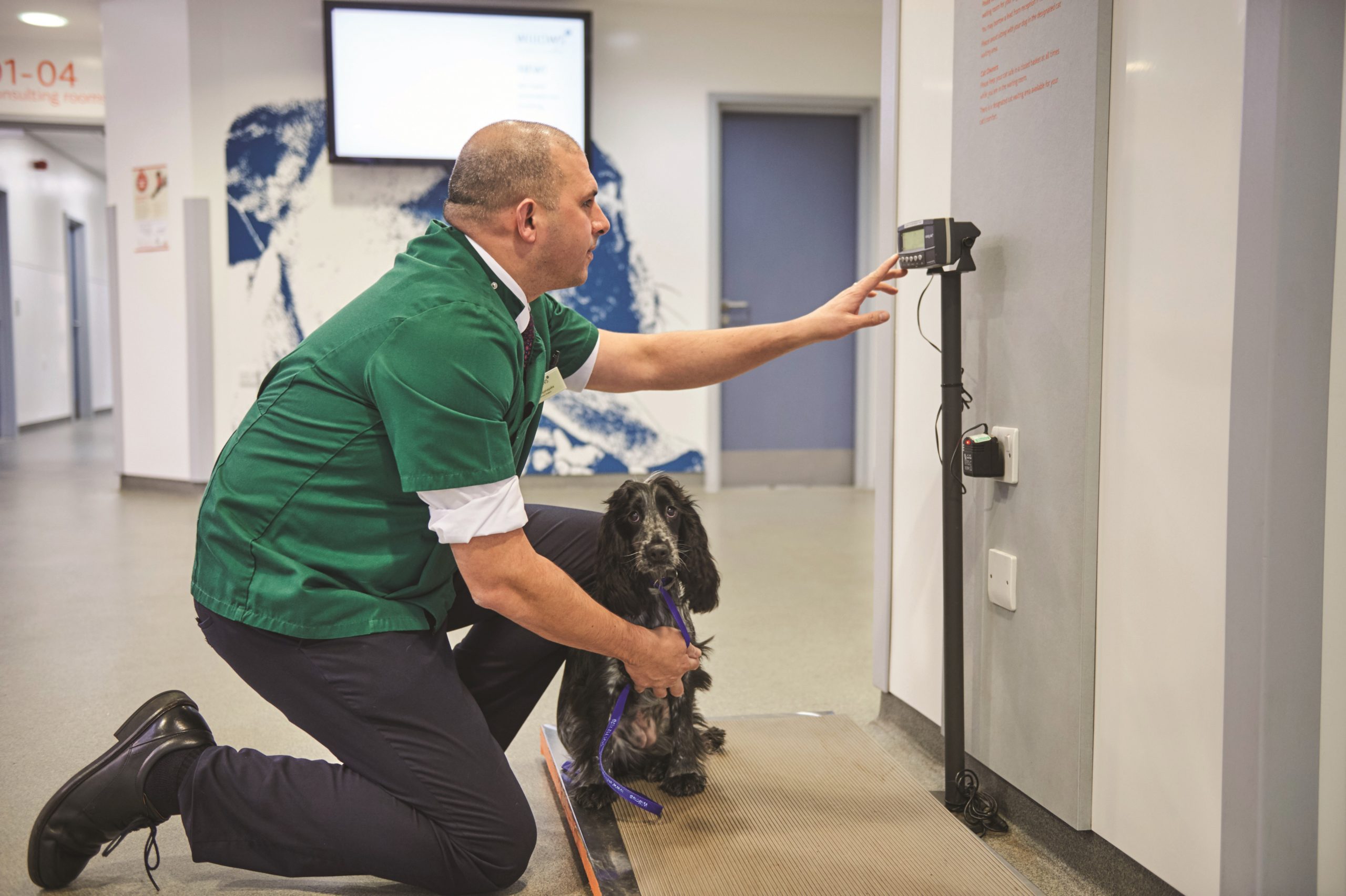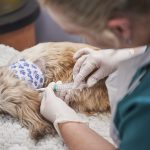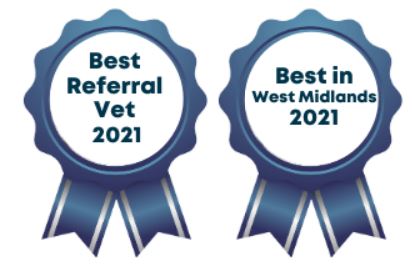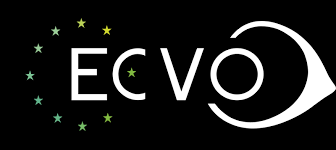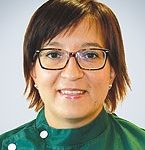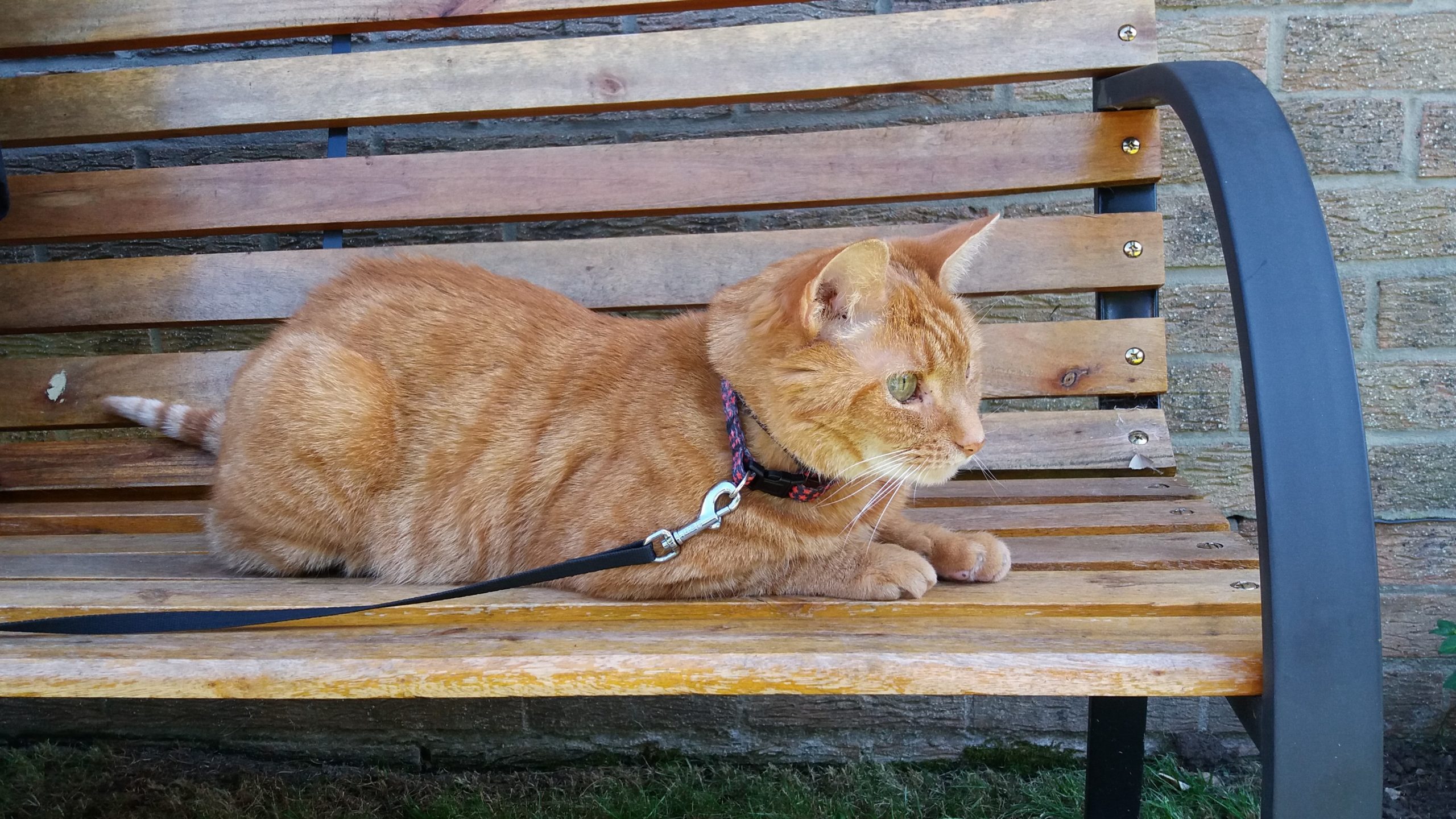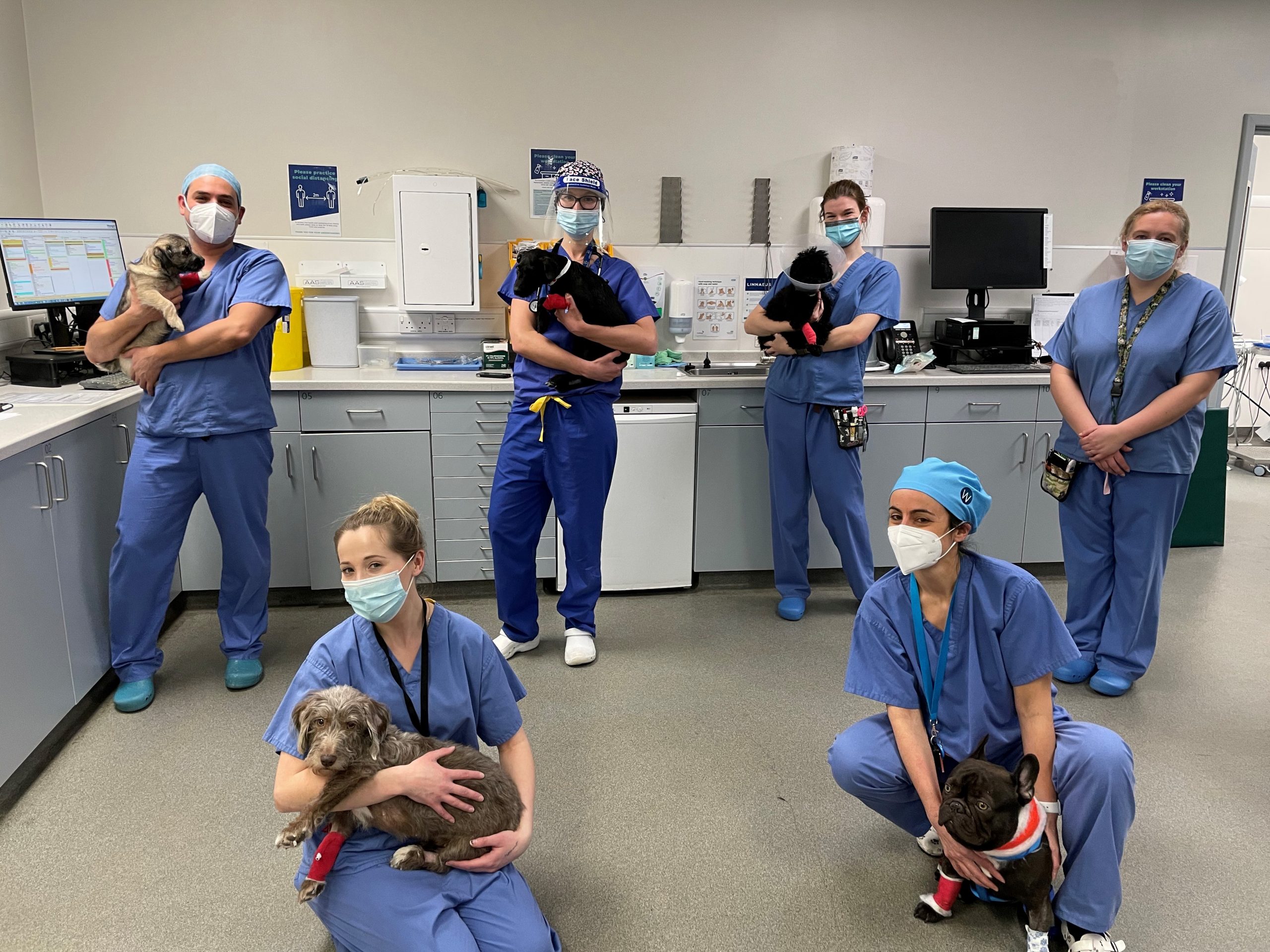Willows Specialists in Neurology and Emergency and Critical Care have battled for a month in order to save the life of a beloved family pet stricken by tetanus.
Copper, a one-year-old lurcher-cross, was brought to us after his devastated owner was told there was little his local vets could do to treat the rare condition.
On arrival with us, the deadly tetanus toxins were already causing Copper’s body to shut down, with the beloved pet stiff and rigid, and unable to move.
European Specialist in Neurology, Lluis Sanchez, headed up Copper’s treatment, alongside Emergency and Critical Care Specialists Ludivine Boiron and Poppy Gant as part of a multidisciplinary approach that saw Copper hospitalised here at Willows for a month.
Poppy said: “Tetanus is quite a rare condition in dogs and cats – they are much more resistant to infection compared to people. In Copper’s case, the entry point of infection could not be confirmed, however, it usually occurs from puncture wounds to an animal’s feet.
“It is a very serious condition and Copper’s symptoms were so severe he could not walk, eat or urinate. Therefore, he required intensive nursing, including feeding by a special stomach tube, plus a urinary catheter and regular physiotherapy.
“Tetanus muscle spasms are also very painful and exacerbated by touch and noise, so he required continuous infusions of sedative and pain relief medications. There are other risks, too, for severely affected patients such as Copper, that become immobile due to severe muscle rigidity.
“They can suffer from episodes of severe hyperthermia because their ‘lock-jaw means they are unable to pant and regulate their temperature. They are also at risk of pneumonia due to inhalation of oral contents as they have difficulty swallowing, especially during periods of anxiety due to their immobility.
“Prolonged hospitalisation with indwelling devices like urinary catheters and feeding tubes can also cause infections so constant, careful nursing is required. Significant time is also required for a full neurological recovery like this, which is why Copper was hospitalised in our ICU for a month and is still recovering now, almost two months later.”
Now, almost two months since his arrival at Willows, owners Rob and Cassie Tyack, from Banbury in Oxfordshire, can barely believe the transformation, as Copper is almost back to his old self.
“Everyone at Willows was absolutely wonderful. We can’t praise them enough. Lluis and the emergency and critical care specialists Poppy Gant and Ludivine Boiron were absolutely brilliant.
There’s no doubt that they saved Copper’s life and we will never forget that and the way they looked after him and us was very special. They rang us every single day, sometimes twice a day, to keep us informed about how he was progressing and recovering. That was a huge comfort as it was such a traumatic and emotional time.
“When we first went to Willows it was a very sad occasion with us fearing the worst but the mood was totally different when we went to pick up Copper a month later. That was a very happy moment indeed. They really had worked a miracle.”
Our emergency and critical care team were equally delighted, with Poppy saying: “We were all so excited to be able to discharge Copper back to his family, who hadn’t been able to see him since his admission a month before.”
